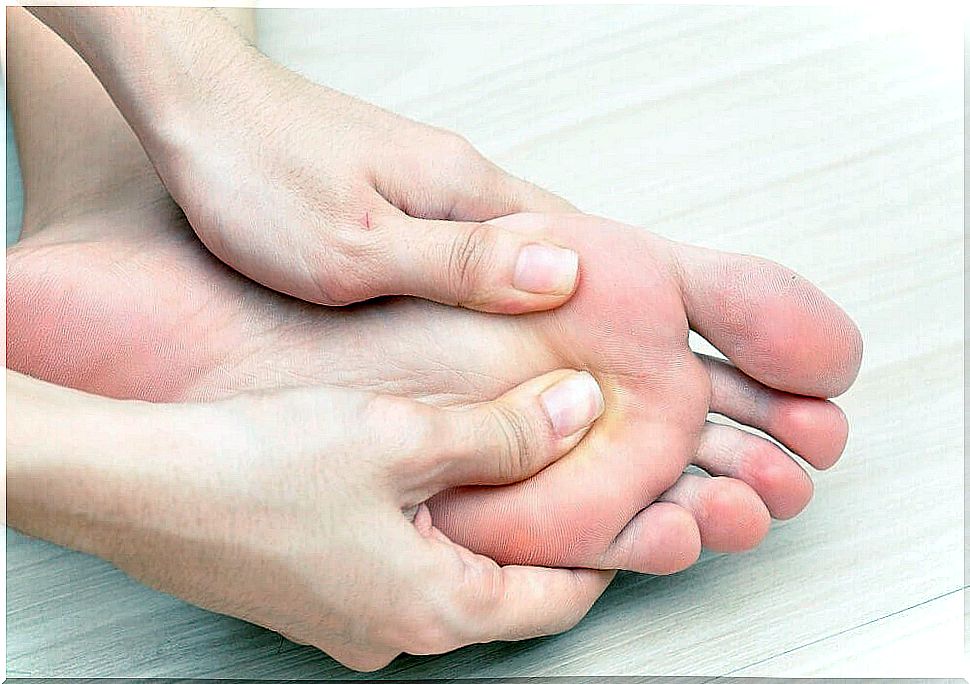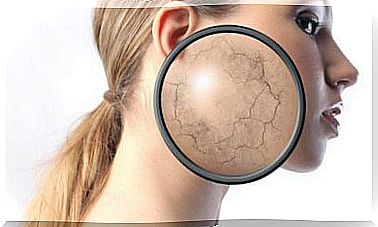10 Early Symptoms Of Diabetes That Should Not Be Ignored

Diabetes is a disease that may not show up for many years. The cause of its occurrence is an increase in blood glucose. This could be because the body does not make enough insulin to process glucose or because the body is resistant to the substance.
The symptoms of diabetes develop gradually and are often confused with other commonly known diseases. The problem is that when undiagnosed diabetes progresses, it can interfere with the functioning of our organs, such as the kidneys, heart and brain.
This is why you should pay attention to these symptoms that make you anxious, even when some of them seem completely normal. In this article, we share the first 10 symptoms associated with diabetes so that you should pay close attention to them when you notice them.
1. Diabetes and fatigue
Factors such as overweight, obesity, dehydration, and an imbalance in blood pressure are also behind these symptoms.

2. Sleep Disorders
Poor blood sugar control is associated with major sleep disturbances and fatigue. People with type 2 diabetes have difficulty falling asleep or suffer from various types of sleep disturbance during rest.
It is also important to mention that the chance of getting this disease increases if you sleep for less than 6 hours.
3. Dry mouth and feeling thirsty
Glucose is one of the body’s main “fuels”. However, when badly absorbed by the body, it causes dehydration.
This state of the body affects the activity of cells throughout the body and, as a result, reduces saliva production and causes dryness on the tongue and a feeling of thirst.

4. Frequent urination
Too much glucose in the blood makes the kidneys work harder to filter it. Because they are overloaded, the need to urinate increases.
This substance prevents proper filtration of toxins and interferes with the work of the urinary system
5. Urinary tract infections
Another common symptom of diabetes is recurrent and long-lasting urinary tract infections. These occur because the increase in blood glucose weakens the immune system.
As a result, the production of antibodies decreases and the body is exposed to attacks from viruses and fungi.
6. Slow wound healing
External wounds on the skin or ulcers that heal slowly or not at all are a clear sign that glucose has built up in your blood. Diabetic patients should be especially careful about skin wounds as, without the necessary medical control, they can cause complications that may require medical attention.
7. Problems with feet
The feet are the parts of the body that best indicate the problems associated with diabetes. And these relate to problems with circulation and fluid retention.
Sometimes, when diabetes gets out of control, the nerve endings in the feet are damaged, resulting in a feeling of numbness and tingling in the feet.

8. Blurred vision
Dehydration due to a build-up of glucose can lead to problems with your eyesight. Low fluid intake affects the eye’s lens and reduces the ability to focus. This in turn manifests as blurred vision
9. Wolf’s appetite
When glucose does not penetrate deeply enough into the cells, it reduces the amount of “fuel” that makes all the organs of the body work. This situation confuses the body, which sends a signal to get more energy by getting food.
This means that as long as sugar accumulation is not controlled, it is inevitable to experience a wolf’s appetite.

10. Dry skin
Suspicion of diabetes can also be seen through the condition of the skin. In diabetic patients, you may notice that the skin is drier. This is because of the circulatory problems as well as the dehydration associated with them.
Of course, it’s important to be aware of other symptoms as this symptom can be the result of many other diseases.
Do you recognize yourself with any of the symptoms mentioned above? Are you at risk of diabetes? Before you get sick, check with your healthcare provider to get a correct diagnosis and treatment that will work quickly.









